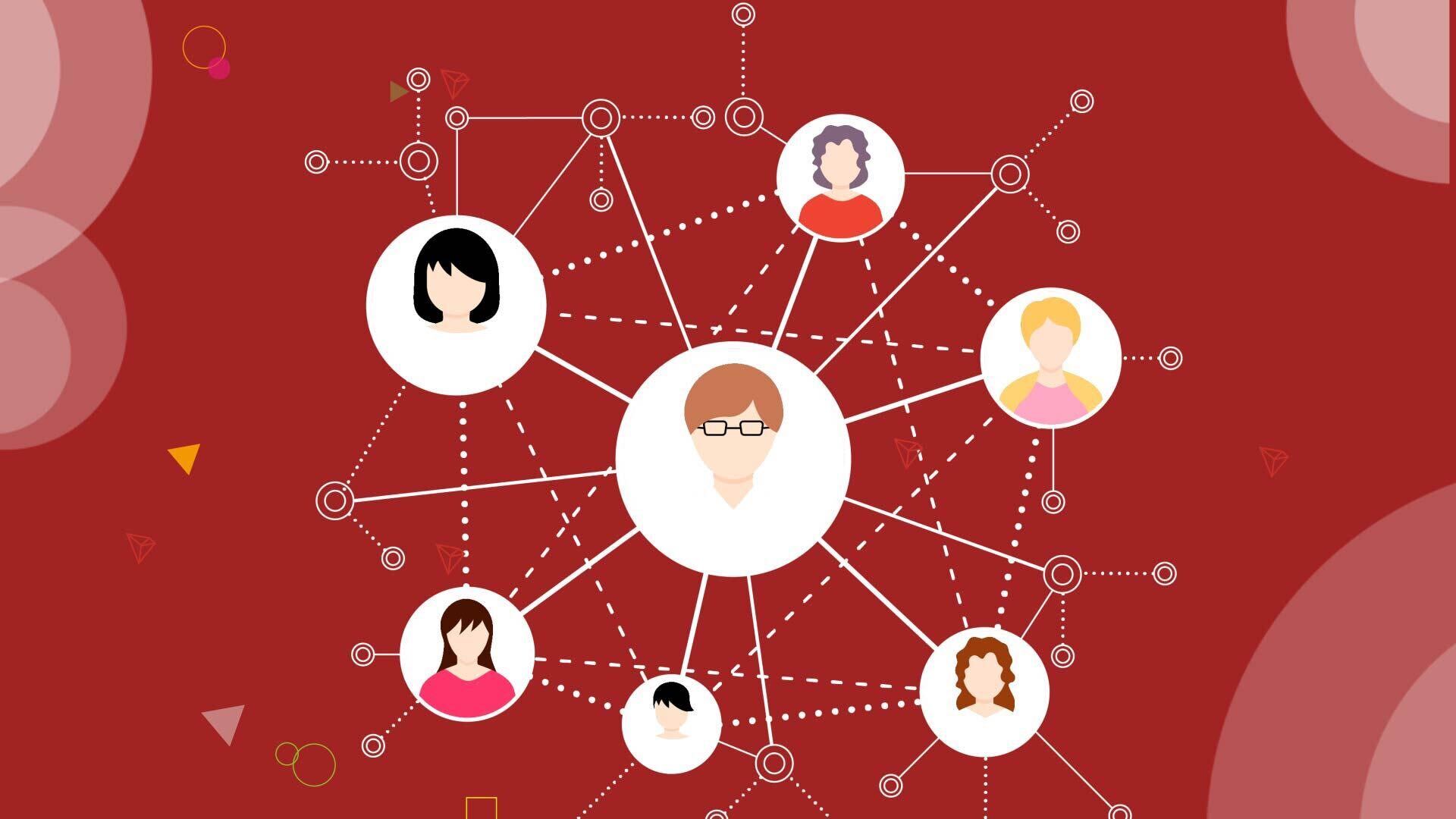With blockchain and cryptocurrency gradually becoming known to the public, several buzzwords and acronyms began to circulate on social media platforms, and among them, “DAO” is undoubtedly the term dominating this year.
The acronym DAO stands for Decentralized Autonomous Organizations. In fact, DAOs of all kinds have mushroomed on decentralized networks across the globe, so what exactly is a DAO and why is it so popular? Your questions about DAO will be answered in this article.
Compared with DAO, you may be more familiar with how a vending machine works: select a product, insert money into the machine, and it will “spit out” the item. But the vending machine does not completely free people from manual labor since they still need to pay for the electricity and order and replenish the goods.
You can think of a DAO as a truly “unmanned” vending machine on the blockchain. Each of the steps mentioned above that require manual operation can be done through a smart contract composed of code. Be aware that this is just an analogy to help you better understand DAO, and indeed such an automated machine does not exist in the real world.
In a nutshell, a DAO is an organization that runs on code. We all know that big names like Apple, Amazon, Tencent, and Alibaba all have their boards of directors to make major decisions. Shareholders come together and cast votes on proposals, which are then executed by the CEO.
In a DAO, there are no longer roles like CEO, general manager, or the C-suite. Computers and code can perform the vast majority of decisions and daily operations that traditional companies do on a daily basis. Shareholders are not limited to a handful of people at the boardroom table, instead, all members of a DAO serve as stakeholders.
In the crypto world, a DAO may launch millions of tokens, each of which represents a share and a vote. Some DAOs also grant NFTs to their members as proof of membership. That is to say, the profits generated by a DAO will be redistributed to stakeholders in the form of its native tokens. And the DAO’s potential profits and the voting right make these tokens more valuable.
Advantages of DAO:
1. Zero trust. Zero trust may be the biggest advantage of a DAO. With this mechanism, you don’t need to trust the leadership and decisions of anyone. The DAO business can still proceed even when leading developers leave and the funds disappear.
2. Can not be shut down. Traditional enterprises can be shut down at the direction of authorities, however, this is not the case for DAOs, unless a DAO member has enough governance tokens to propose voting, which is barely possible.
3. Open source. DAO is open-source, which means that the code is transparent to anyone for improvement. Even in traditional Internet companies, open-source projects are more secure than closed-source ones because they can be developed and reviewed by multiple people.
Disadvantages of DAO:
1. Vulnerable to hackers. A DAO is vulnerable to hackers since its code can be viewed by anyone.
2. Questionable potential for monetization. DAO is open-source and its R&D resources, which are business secrets for traditional enterprises, are almost transparent to everyone.
Just like the overall blockchain industry, DAO is still in its initial phase. It is noteworthy that in last December, the TRON network achieved complete decentralization and became TRON DAO, the world’s largest decentralized autonomous organization. Maybe in the future, a new form of organization that can change the social relations of production and the methods of human collaboration will be born out of DAO. Let’s stay tuned.
